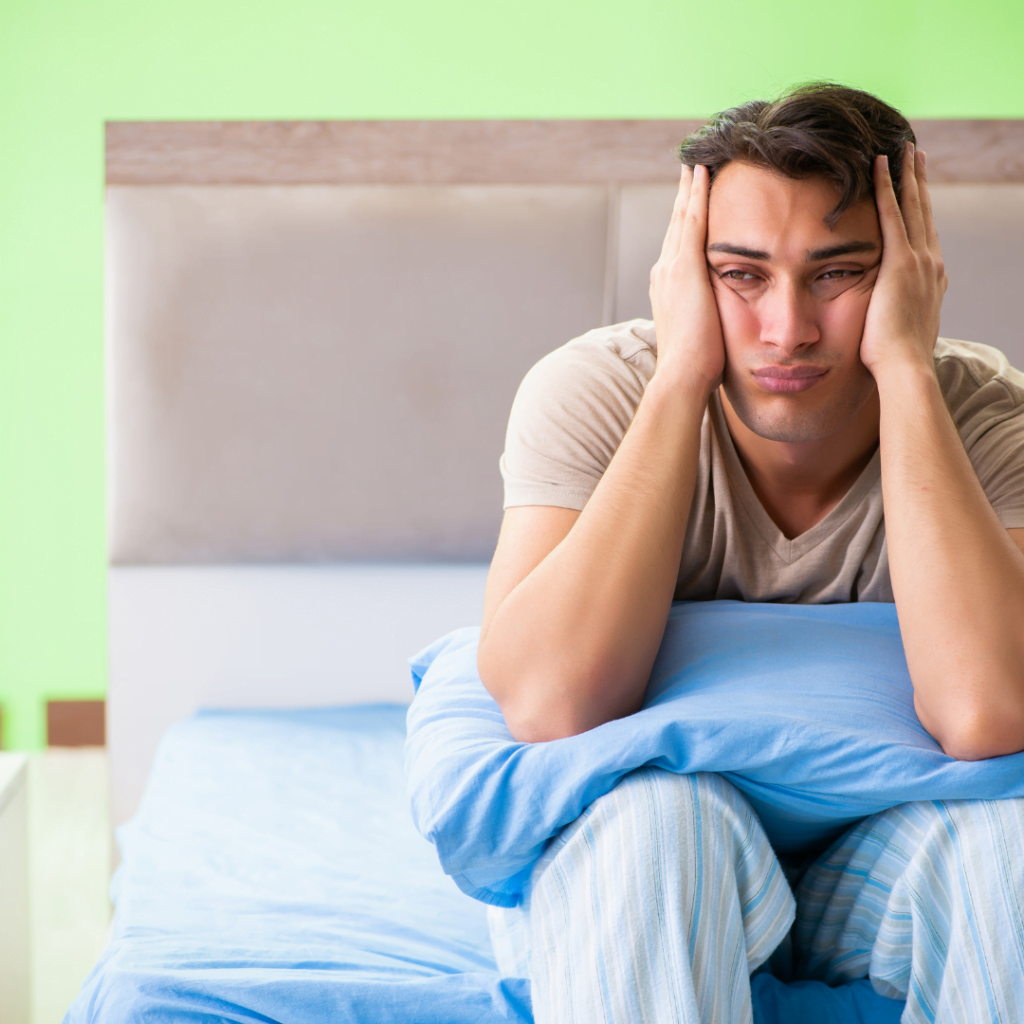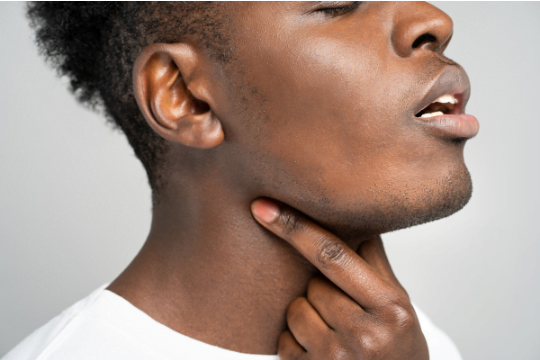If you are one of the 11.4 million Canadians or the 164 million Americans with a sleep disorder, you are not alone.
Questions like: “Why am I tired but cannot sleep? Why cannot I sleep at night?” are not uncommon among all those millions.
Sleep disorders are a group of conditions that affect the ability to sleep well regularly. Those disorders can be caused by physical, mental, or medical conditions.
Sleep disorders can make it hard to fall asleep, stay asleep, or get the restful sleep you need. They can lead to daytime sleepiness, fatigue, and irritability. Sleep disorders can also affect your mental and physical health.
If you think you might have a sleep disorder, talk to your doctor. The sooner you get diagnosed and treated, the better.
Section 1: The Different Types of Sleep Disorders
There are a variety of sleep disorders that can impede your ability to get a good night’s sleep. Some of the more common types of sleep disorders include:
- Insomnia: This is the most common sleep disorder characterized by difficulty falling asleep or staying asleep.
- Sleep apnea: This sleep disorder is characterized by pauses in breathing during sleep.

• Restless leg syndrome: This sleep disorder is characterized by an irresistible urge to move your legs, making it difficult to fall asleep.
• Narcolepsy: This sleep disorder is characterized by excessive daytime sleepiness and can cause people to fall asleep unexpectedly during the day.
Section 2: The Causes of Sleep Disorders
Several different factors can contribute to the development of a sleep disorder. Some of the most common causes of sleep disorders include:
- Stress: Stress can be a significant trigger for sleep disorders.
- Mental health conditions: Anxiety and depression can often lead to sleep disorders.
- Physical health conditions: Various physical health conditions can contribute to sleep disorders, including pain, respiratory problems, and heart disease.
- Medications: Some medications can have side effects that lead to sleep disorders.
- Substance abuse: Substance abuse can often lead to sleep disorders.
Section 3: The Effects of Sleep Disorders
Sleep disorders can have different effects on your health. Some of the most common effects of sleep disorders include:
- Fatigue: One of the most common effects of sleep disorders is fatigue.
- Difficulty Concentrating: Sleep disorders can make it difficult to focus and concentrate.
- Mood swings: Sleep disorders can often lead to mood swings.
- Memory problems: Sleep disorders can sometimes cause memory problems.
- Increased risk of accidents: Sleep disorders can increase your risk of accidents.
Section 4: The Treatment of Sleep Disorders
There are several different treatment options available for sleep disorders. Some of the most common treatment options include:
Medications:
Different medications can be used to treat sleep disorders. Some people with sleep disorders need medication. The most common type of medication used to treat sleep disorders is hypnotics. Hypnotics are drugs that help you sleep. They include benzodiazepines, non-benzodiazepines, and barbiturates.
Hypnotics are generally safe when used as directed. However, they can have side effects, such as feeling sleepy during the day, headaches, and dizziness. Some people may also develop a tolerance to hypnotics over time, which means they need to take higher and higher doses to get the same effect.
Regarding your medications, Ogden Pharmacy (Calgary, AB) can work with your doctor to prepare and dispense (or compound) your prescriptions that are related to your sleeping disorders.
You can also transfer your prescriptions in just 30 seconds to Ogden Pharmacy using this easy-to-use online system.
Lifestyle changes:
Making lifestyle changes such as reducing stress and improving sleep habits can often help treat sleep disorders, such as going to bed and waking up at the same time each day and getting regular exercise. It can also include using relaxation techniques before bedtime.
Therapy:
If lifestyle changes and relaxation techniques don’t help, and the person does not want to take medication, there are other treatment options. These include cognitive behavioural therapy for insomnia (CBT-I) and bright light therapy.
Surgery:
Surgery may be necessary to treat sleep disorders in some cases. The most common surgery for treating sleep disorders is a procedure called uvulopalatopharyngoplasty, or UPPP. UPPP involves removing the excess tissue at the back of the throat, including the uvula (the small, fleshy triangle at the back of the mouth) and the soft palate (the fleshy tissue at the back of the roof of the mouth).
In some cases, the tonsils may also be removed. UPPP is usually performed under general anesthesia, which means you will be asleep during the surgery. The procedure usually takes about two hours.

UPPP effectively treats sleep apnea, but it can have some side effects. These can include sore throat, difficulty swallowing, and changes in speech. UPPP is also associated with a small risk of bleeding and infection.
If you have sleep apnea, your doctor may recommend a different type of surgery, depending on the cause of your sleep apnea. For example, if large tonsils cause sleep apnea, your doctor may recommend a tonsillectomy (removal of the tonsils). Or, if your sleep apnea is caused by a deviated septum (a condition in which the bone and cartilage that separate the nostrils are not straight), your doctor may recommend septoplasty (surgery to straighten the septum).
Other types of surgeries include:
- Radiofrequency ablation (to reduce the size of specific airway tissues, including the tongue and other tissues),
- Maxillo-mandibular advancement (changing the position of the upper and lower jaws to increase the size of the airway), and
- Tracheostomy (a surgical opening in the neck that enables air to enter the windpipe directly without entering the nose and mouth).
Section 5: The Prevention of Sleep Disorders
There are several different things you can do to help prevent sleep disorders. Some of the most effective prevention strategies include:
- Reducing stress: Reducing stress in your life can help to prevent sleep disorders. There are many ways that people can reduce stress in their lives. Some popular methods include planning in advance, relaxation techniques such as meditation, and cognitive-behavioural therapy.
- Exercise: Exercise can help to promote better sleep.
- Healthy diet: Eating a healthy diet can help you get the necessary nutrients to promote good sleep.
- Avoiding alcohol and caffeine: Alcohol and caffeine can interfere with sleep, so it is best to avoid them before bed.






